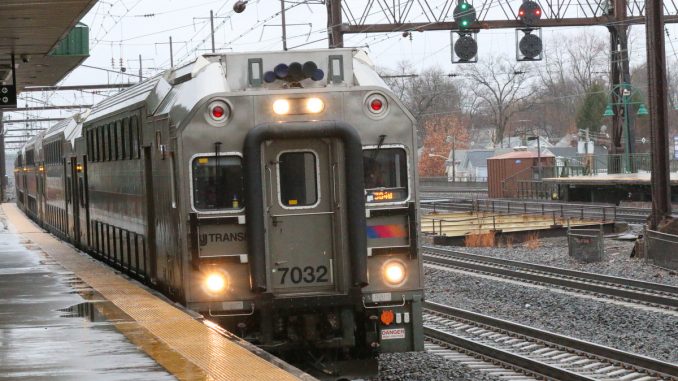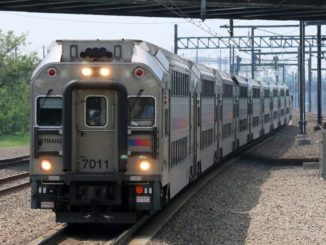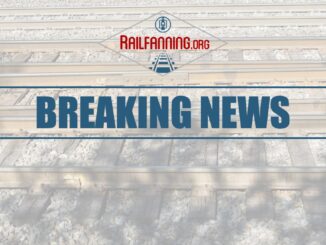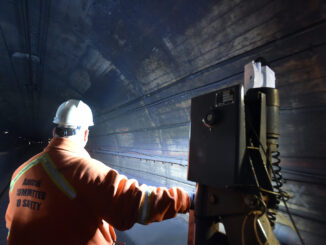
by Nikita Biryukov, New Jersey Monitor
June 25, 2024
The National Mediation Board has ended more than four years of negotiations between NJ Transit and a union representing its engineers without a resolution, paving the way for a strike that federal law could still delay by months.
NJ Transit locomotive engineers have been working under an expired contract since 2019 amid a collective bargaining standoff with the state over pay, but federal law that limits labor actions by railroads has kept them from striking despite a unanimous vote by the union’s members.
“It’s time for NJT to make a fair offer and settle this dispute voluntarily, otherwise our members will be walking picket lines rather than operating trains,” said Eddie Hall, president of the national branch of the Brotherhood of Locomotive Engineers and Trainmen.
Because rail service interruptions can significantly impact interstate commerce, railways — and commuter railways especially — must complete lengthy mediation processes before launching a job action.
The National Mediation Board is the largest of those hurdles. The body can indefinitely mediate disputes between rail unions and transit agencies, and it has kept the dispute between the union and NJ Transit in mediation for years.
The end of mediation kicks off a 30-day cool-off period, meaning locomotive engineers could strike as early as July 25, though they will likely have to wait months longer.
The union declined an offer of arbitration that followed the National Mediation Board’s release, which means the dispute will likely go to a Presidential Emergency Board.
Federal law requires President Joe Biden to convene a Presidential Emergency Board upon request from either of the parties or a governor in a state that would be affected by a job action. In this case, that list includes Govs. Phil Murphy, Kathy Hochul, and Josh Shapiro.
Statute requires the president to grant a requests emergency boards, which will create another 120-day lockout on job actions, though the board could end that lockout sooner.
The governors and parties can request a second Presidential Emergency Board be convened if the first does not reach a settlement within 120 days.
NJ Transit spokesman Jim Smith said in light of the union’s response rejecting binding arbitration to settle the dispute, NJ Transit “fully intends to make a formal request for a Presidential Emergency Board.”
The three governors did not immediately return requests for comment on whether they will ask Biden to convene a board.
“Our members are angry and feel betrayed,” Hall said. “Locomotive engineers kept the trains running during the pandemic. They have gone five years without a pay raise during a period of high inflation. These men and women want to serve the public with uninterrupted service, but they cannot continue working for subpar wages. They have had enough.”
New Jersey Monitor is part of States Newsroom, a nonprofit news network supported by grants and a coalition of donors as a 501c(3) public charity. New Jersey Monitor maintains editorial independence. Contact Editor Terrence T. McDonald for questions: info@newjerseymonitor.com. Follow New Jersey Monitor on Facebook and X.





